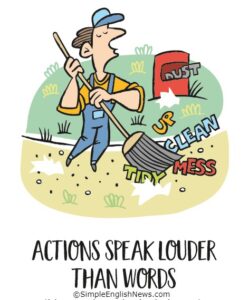
QUESTION WORD
who – only with humans
whom – only with humans
what (which) – only with things
which of – with both humans and things
whose
how much
how many
Who can come?
Everybody can come.
Whom (who) did you meet there?
I met Peter there.
What do you like?
I like reading books.
Which of you can help me?
Jane and John can help you.
Which of these sports are popular in UK?
Cricket and polo are only popular in the UK.
Whose pencil is it?
It’s hers.
How much sugar do you want?
Two cubes, please.
How many chairs do we have?
I think we have ten chairs.
- There is no auxiliary verb when we ask a question related to a subject with these question-words but when the question is related to an object an auxiliary verb must be used.
Who works in that factory?
Several people from our town work there.
Who does Peter work for?
Peter works for Fred’s new company.
RELATIVE PRONOUNS
who – for humans only
which – for things and animals only
that – for humans, things and animals. We use it mainly after the superlative of adjectives, ordinal numbers, expressions as some, any, no, everything, etc. We never place a comma before it.
whose
I know a girl who could read when she was three.
The man, with whom you were just speaking, is a mayor.
The Novaks, whose house is at the end of our street, are nice people.
We need a car which has low consumption.
This is the best song that I have heard.
- Relative pronouns are often omitted in English.
Where is the money (which) I gave you on Monday?
The man, (with whom) you were just speaking with, is a mayor.
- So called relative sentences which can be omitted are separated by comas in English.
My sister, who is 47 years old, works in Tokyo.
© Simple English News™
